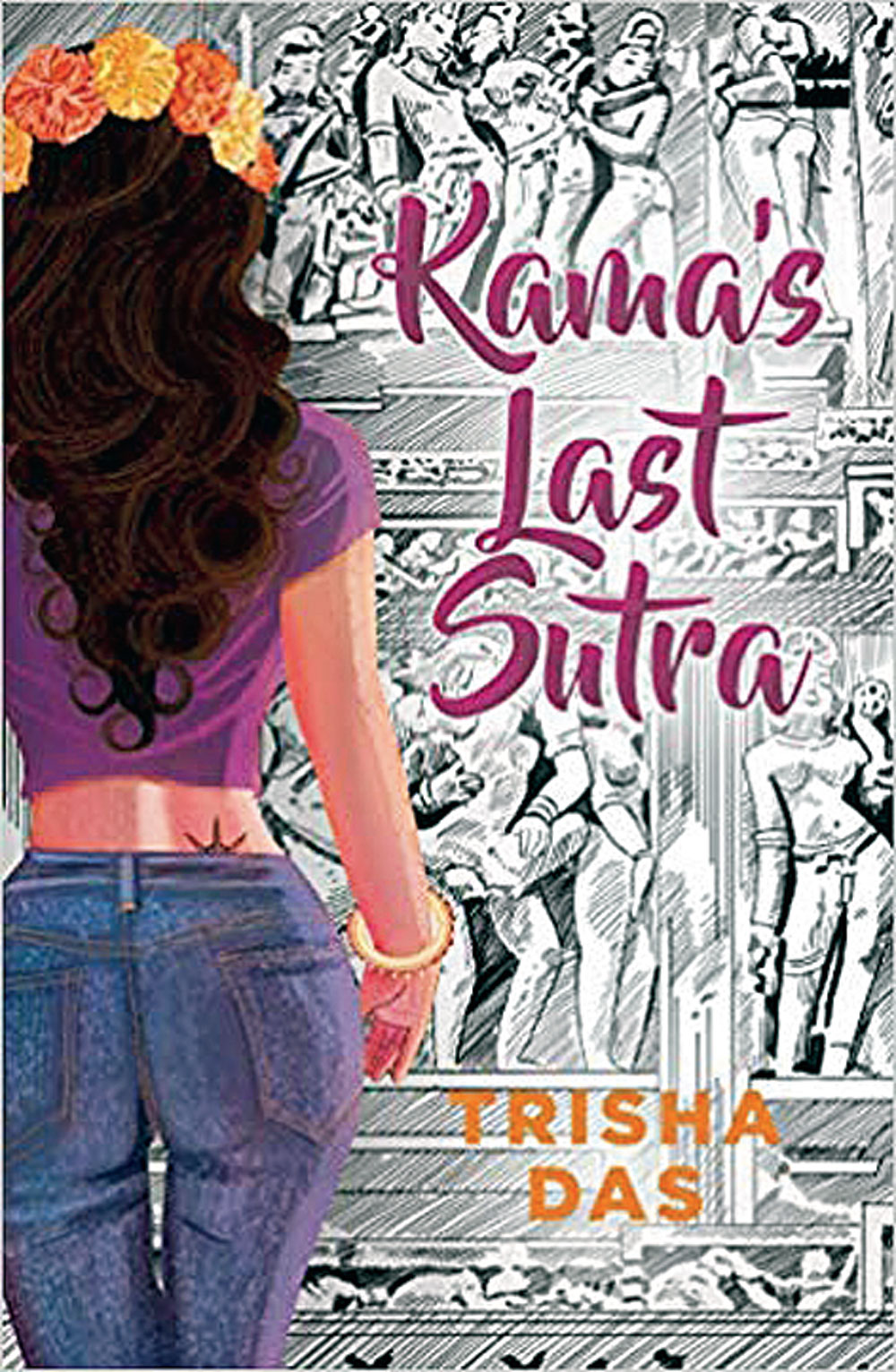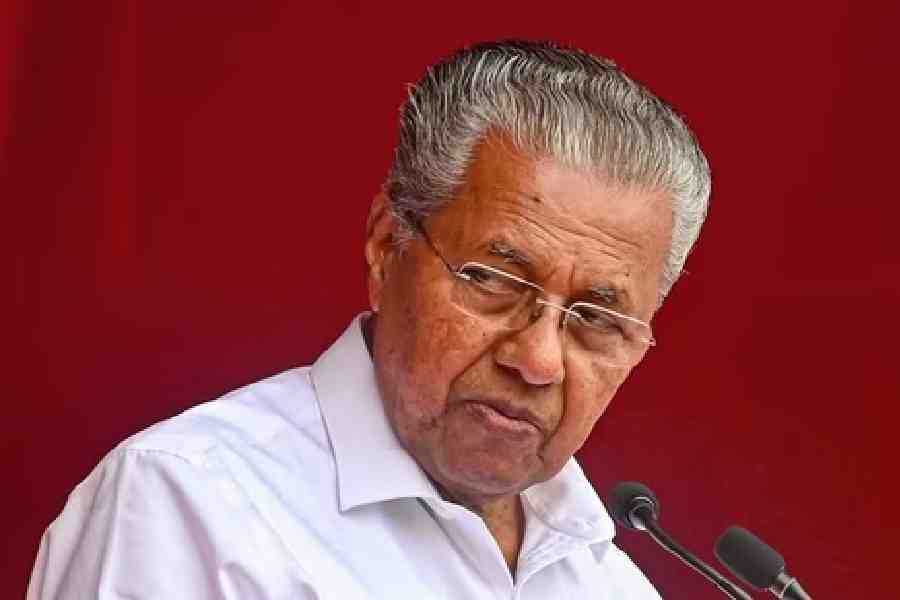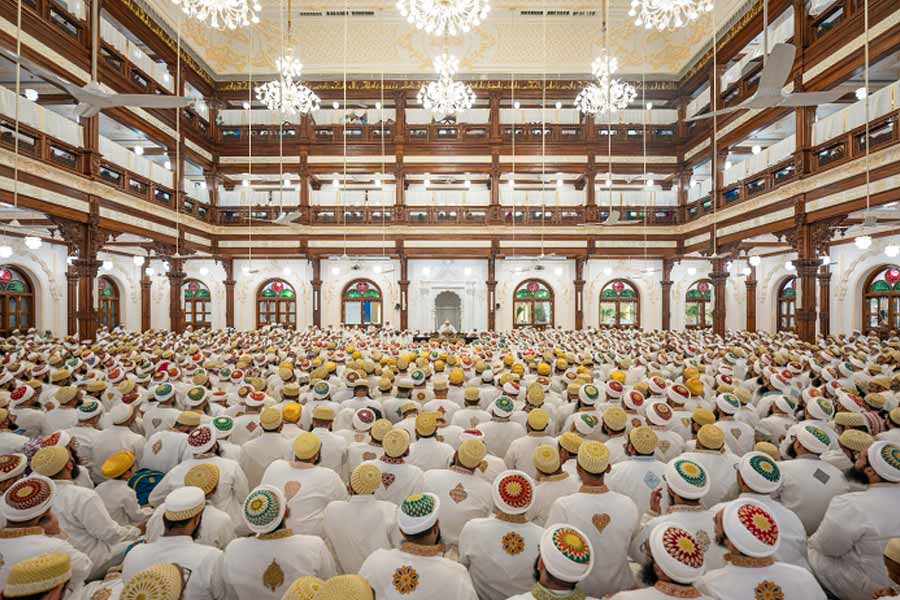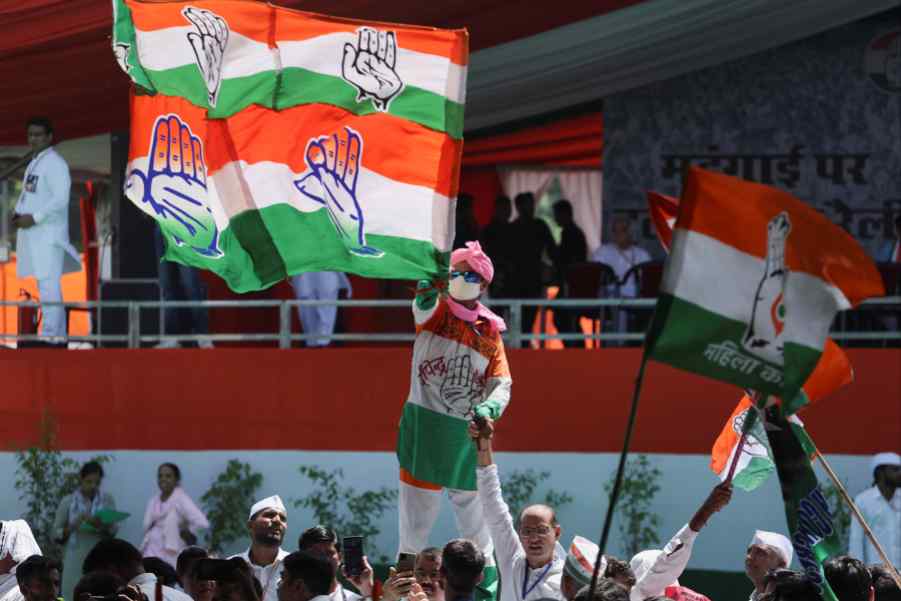She has 40 documentaries to her credit, but her writing, too, has come in for its fair share of praise. Trisha Das’s latest is Kama’s Last Sutra, a feminist fantasy novel with elements of history and mythology where the protagonist Tara, an archaeologist, finds herself travelling back in time to the reign of the Chandela king Vidyadhara. The book challenges sexual taboos and is a commentary on the caste system, and has released to favourable reviews. A chat with Trisha on her book, #MeToo and being funnyman Vir Das’s sister.
Kama’s Last Sutra is an intriguing name. Was that the first title that popped in your head?
During the research process, I was talking to a non-Indian friend about the Khajuraho temples and she said, ‘Oh, you mean the Kamasutra temples?’ That’s when the title popped in my head. Afterwards, I called my mom and told her the title. She loved it and so it stuck.
What kind of feedback has come your way for the book?
Ah, thank you for the opportunity to blow my own trumpet! The most recurring positive feedback I get for both my novels (Kama’s Last Sutra and Ms Draupadi Kuru) is that my ideas are so far out, they seem almost impossible to execute and yet the execution is done seamlessly.
Readers have said my writing is witty and I make mythology and history accessible. My editors have told me my manuscripts are clean and meticulous, which is always gratifying because I work hard to make them so.
The most memorable piece of feedback I’ve got for Kama’s Last Sutra was by someone who told me that Vidyadhara was her new Mr Darcy. It still makes me smile. Recurring negative feedback has been mostly along the lines of blasphemy.
Some of your earlier work has been set in a similar space…
History, mythology, anthropology, religion, sociology, archaeology... these are my interests and so I both read and write around them. I’m the type of person that drags my family and friends to museum after museum on every holiday. I look at most things with the perspective of either the past or the future. I guess I enjoy the ‘other-worldly’ aspect of it — real life can be fun, but pretend-life can be mind-blowing!
What’s the biggest challenge in writing about period fiction?
In this Internet age, finding authentic information from reliable sources is difficult. There is a ton of misinformation out there, particularly when it comes to medieval invasions of primarily Hindu kingdoms by primarily Muslim armies. Obviously, all of the documentation is mired in political ideology and most of the folklore is designed along communal lines as well. So when you want to know what happened during a battle, you have multiple accounts of the same incident with varying results, depending on whose side the storyteller is on. It’s pretty frustrating.
Your female protagonists are sassy, vocal and unafraid to cock a snook at society. How much of your protagonists is a reflection of you?
Well, I’m a strong woman and I identify as a feminist, much like Tara. I have a fairly ironic point of view as well, but I think that’s where the similarities end. I’m only vocal and unafraid in my writing. In my real life, I’m painfully polite and a bit of an introvert. I wouldn’t survive a day in one of my own books.
Sexuality from the woman’s perspective is finding its way into Indian writing. It’s a great start, but given we are living in a society that gets offended easily, how much of a tightrope walk do you have to do while writing about sex?
I decided early on while writing this book that I was going to make it overtly sexy and not hold back. So it wasn’t a tightrope walk at all — I wrote the sex as I saw it and fortunately, my characters had great chemistry with each other so it made my job easy. I probably offended a few people with this book, but I genuinely believe now is the right time to be talking openly about female sexuality, whether it’s to do with pleasure or consent or reproductive rights or hygiene. Why? Because there has never been a time when people were more open to listening.
You’ve had a prolific career as a documentary filmmaker. How much of that experience has helped you in your writing?
It’s helped me tremendously. I use many of my scriptwriting skills to write novels. I plan my plots meticulously and keep them tight and visual and action-oriented. My film background also means I don’t indulge myself as a writer or go off on tangents — when you’re only given 22 minutes to make a documentary about the lives of 75 people, you learn how to be efficient in your storytelling.
Being a woman with a voice and words, how do you see the #MeToo movement playing out in India?
Twenty years ago, when I was a young professional working in the media industry, we women had to operate by different rules. Sexual harassment at work was systemic and one had to learn to stay away from men who had reputations as predators and ignore the rest of them.
Consequently, I was harassed, propositioned, stalked, groped and even attacked once. I can’t even count the number of times I’ve refused to do ‘meetings’ in hotel rooms. That was life then and you just had to deal with it. Nowadays, there are actual, real-life consequences for that kind of behaviour — it’s amazing! I think no matter how the #MeToo movement plays out, it’s already done a large part of its job. A potential harasser will think twice about his or her behaviour in the future, for fear of being outed. That, in itself, is a huge achievement and we have a few, very brave women to thank for that.
Do you share your brother Vir Das’s talent for comic timing?
Vir and I both have a sense of observational irony that translates into humour in our writing, but you would find neither of us funny at the dinner table. I don’t have his comic timing; that is a skill acquired after years of performing.

Kama’s Last Sutra for Rs 299 at Harper India Source: Harper India site










